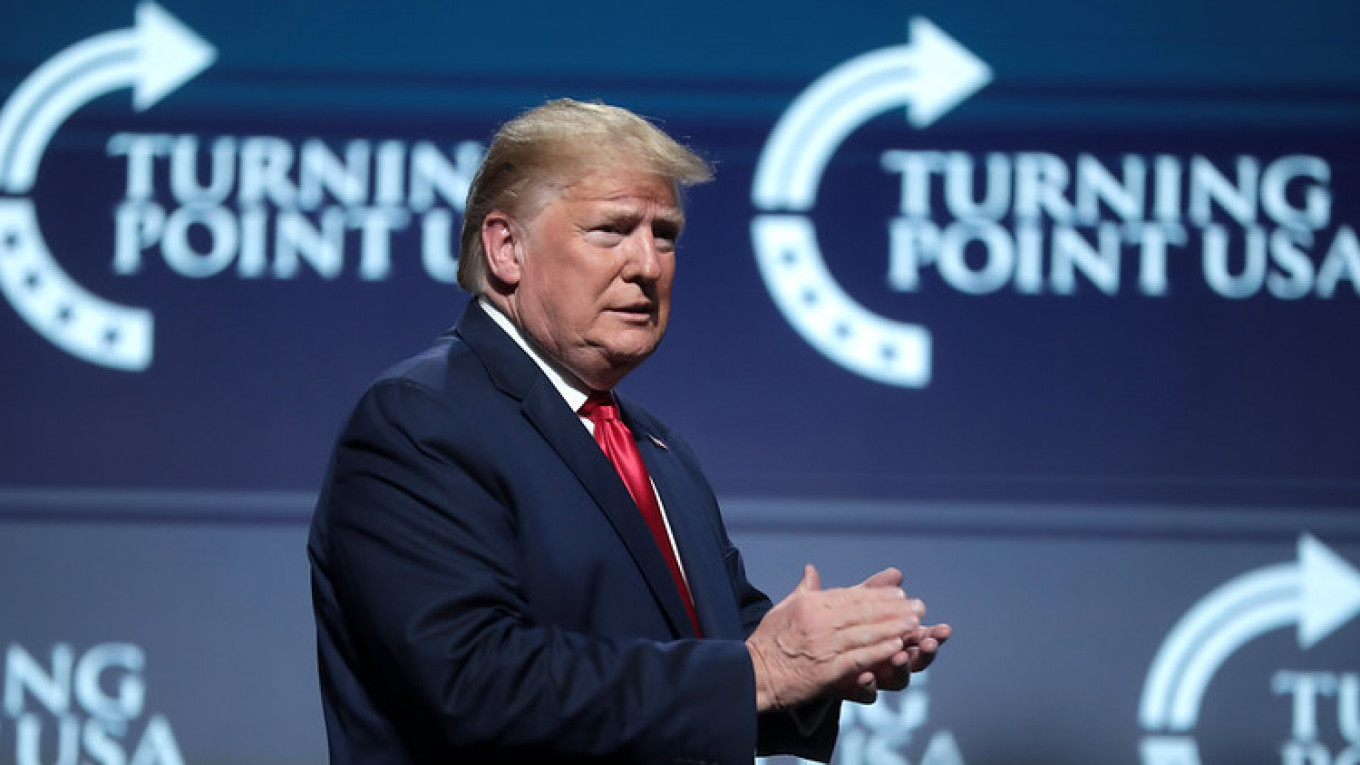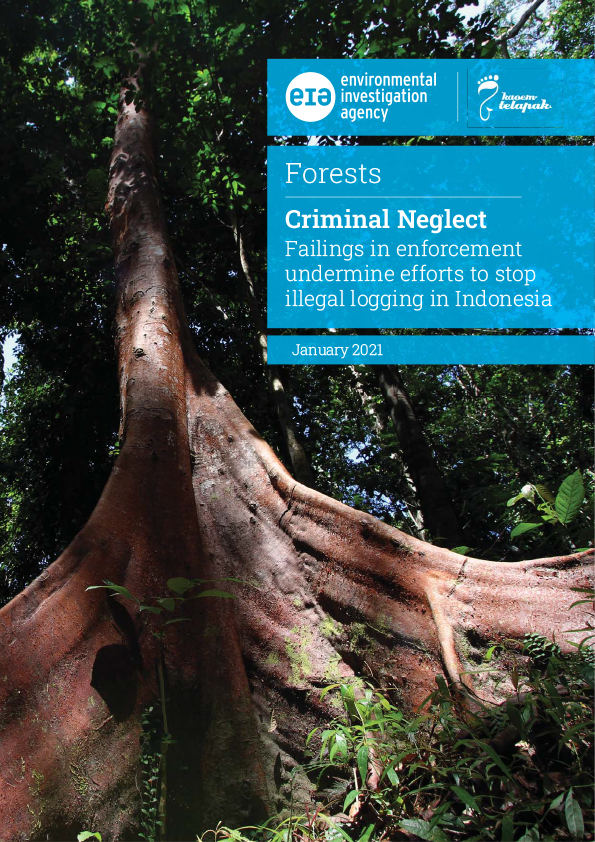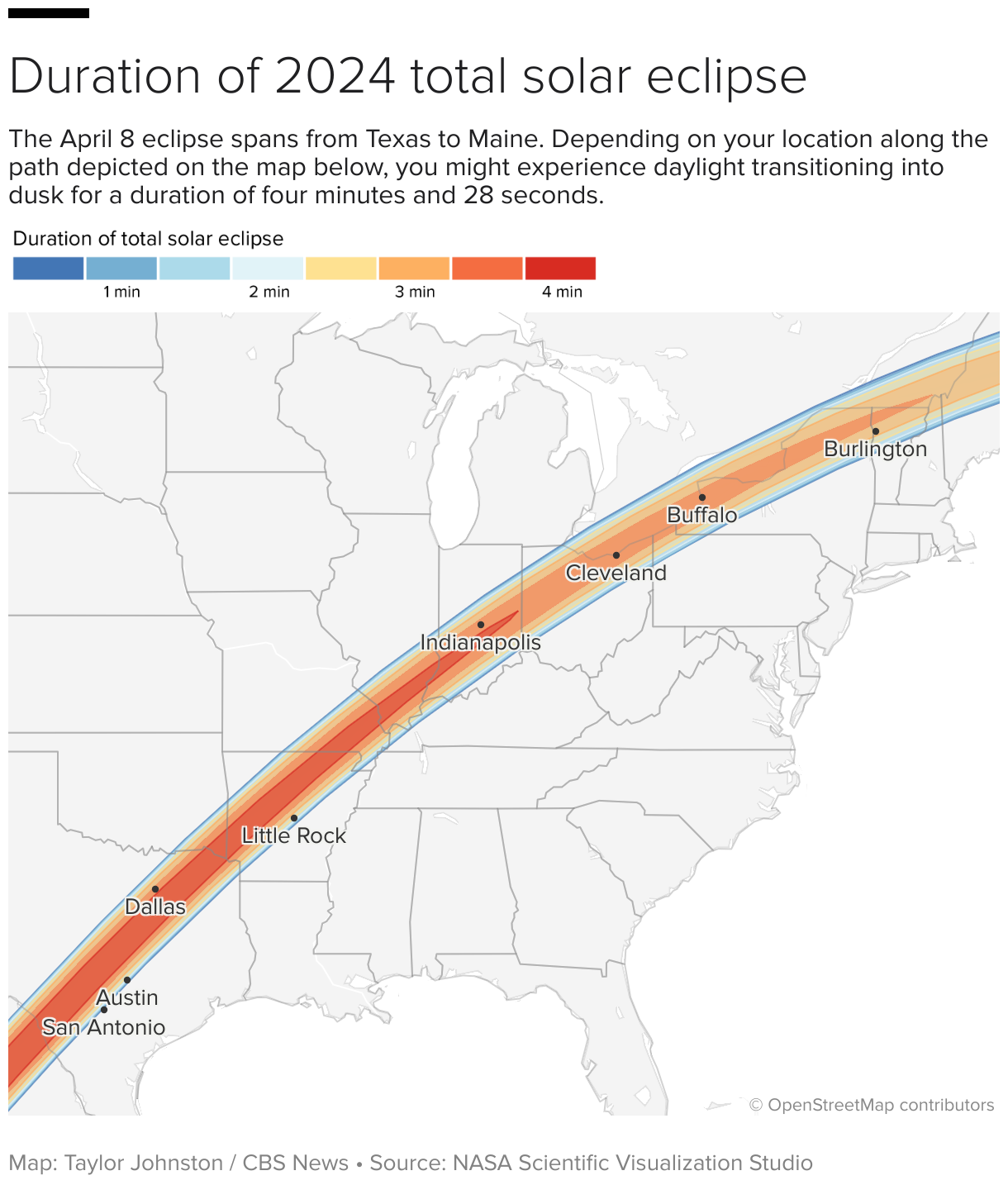False Reports: Warren Buffett Denies Backing Trump's Tariffs

Table of Contents
The Origin of the False Reports
The false reports linking Warren Buffett to support for Trump's tariffs likely originated from a combination of factors: misinterpretations of his statements, biased reporting, and deliberate misinformation campaigns. These reports often lacked proper context and relied on selective quotes or outright fabrications.
- Specific Claims: The false reports typically claimed that Buffett either publicly endorsed Trump's tariffs or that his business decisions implicitly demonstrated support. These claims often lacked evidence or relied on circumstantial interpretations.
- Source Credibility: Many of the original sources promoting this narrative were known for partisan bias or a history of disseminating unreliable information. Social media platforms, in particular, played a significant role in amplifying these false reports.
- Spread of Misinformation: The rapid dissemination of these false reports across various social media platforms and some less credible news outlets created a snowball effect, making it difficult to counter the misinformation. The speed of online information sharing often outpaces fact-checking efforts.
Warren Buffett's Actual Stance on Tariffs
Warren Buffett's public statements and business actions consistently reveal a nuanced and generally cautious approach to tariffs. While he hasn't explicitly commented on every specific tariff implemented by the Trump administration, his overall stance on trade and economic policy aligns with a more free-market perspective.
- Known Positions: Buffett has historically advocated for free and fair trade, emphasizing the benefits of global economic cooperation. He's often expressed concerns about protectionist policies that could harm long-term economic growth.
- Business Decisions: While Berkshire Hathaway, Buffett's company, operates globally and is impacted by trade policies, there's no evidence suggesting Buffett actively lobbied for or benefited significantly from Trump's tariffs. His investment decisions haven't demonstrably aligned with a pro-tariff agenda.
- Confirmed Stance: Reputable sources, including Berkshire Hathaway's annual reports and numerous interviews with Buffett himself, consistently fail to support the narrative of his endorsement of Trump's tariffs. A thorough review of his public statements reveals a more cautious and nuanced perspective.
The Economic Impact of False Information
The proliferation of false information, particularly concerning prominent figures like Warren Buffett and significant policy decisions like Trump's tariffs, carries substantial economic and social consequences.
- Influencing Public Opinion: False reports can sway public opinion and shape political discourse, potentially leading to misguided policy decisions. The inaccurate portrayal of Buffett's stance could have affected public perception of the tariffs themselves.
- Investment Decisions: Misinformation can significantly impact investment decisions. False reports linking Buffett to support for the tariffs might have led investors to make choices based on faulty premises, resulting in potential financial losses.
- Reputational Damage: The spread of false information can severely damage the reputation of individuals and organizations. False reports linking Warren Buffett to Trump's tariffs could potentially undermine his credibility and the reputation of Berkshire Hathaway.
How to Spot and Avoid Similar Misinformation
Combating the spread of misinformation requires active vigilance and critical thinking. Here's how to identify and avoid falling for similar false reports:
- Fact-Checking: Always verify information from multiple reputable sources before accepting it as fact. Cross-reference claims with established news organizations, academic institutions, and official government sources.
- Source Evaluation: Assess the credibility of news sources. Consider the publication's history, its editorial policies, and the potential biases of its authors.
- Reliable Resources: Familiarize yourself with reliable resources for verified information on economic and political issues, such as the Congressional Research Service, the Bureau of Economic Analysis, and fact-checking websites like Snopes and PolitiFact.
Conclusion
The claim that Warren Buffett supported Trump's tariffs is demonstrably false. The evidence overwhelmingly refutes this narrative, highlighting the importance of critical thinking and responsible information consumption. The spread of such misinformation carries significant economic and social consequences. Don't fall for fake news about Warren Buffett's stance on tariffs; instead, actively participate in combating the spread of false information regarding Warren Buffett and trade policy by verifying information from reputable sources and promoting responsible news sharing. Learn how to identify misinformation regarding Warren Buffett and trade policy to protect yourself and contribute to a more informed public discourse.

Featured Posts
-
 Corinthians X Internacional Data Horario Onde Assistir E Escalacoes Confirmadas
May 04, 2025
Corinthians X Internacional Data Horario Onde Assistir E Escalacoes Confirmadas
May 04, 2025 -
 16 Year Olds Torture Death Mothers Criminal Neglect Case
May 04, 2025
16 Year Olds Torture Death Mothers Criminal Neglect Case
May 04, 2025 -
 Final Destination Franchise Box Office Success Ranking All Films Including Bloodline
May 04, 2025
Final Destination Franchise Box Office Success Ranking All Films Including Bloodline
May 04, 2025 -
 Partial Solar Eclipse Over Nyc This Saturday What Time And How To View
May 04, 2025
Partial Solar Eclipse Over Nyc This Saturday What Time And How To View
May 04, 2025 -
 Access Logan County Jail Reports Procedures And Resources
May 04, 2025
Access Logan County Jail Reports Procedures And Resources
May 04, 2025
